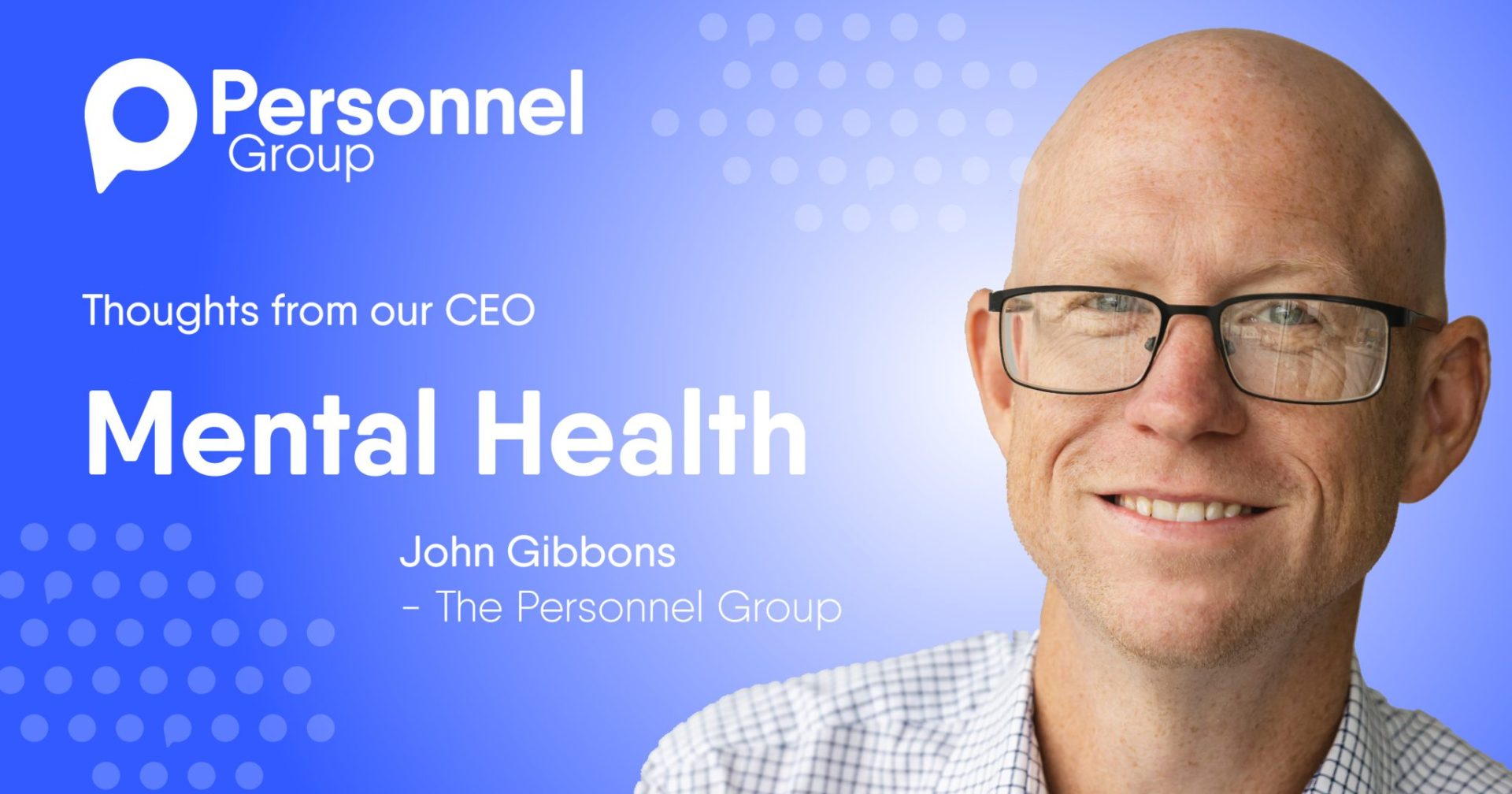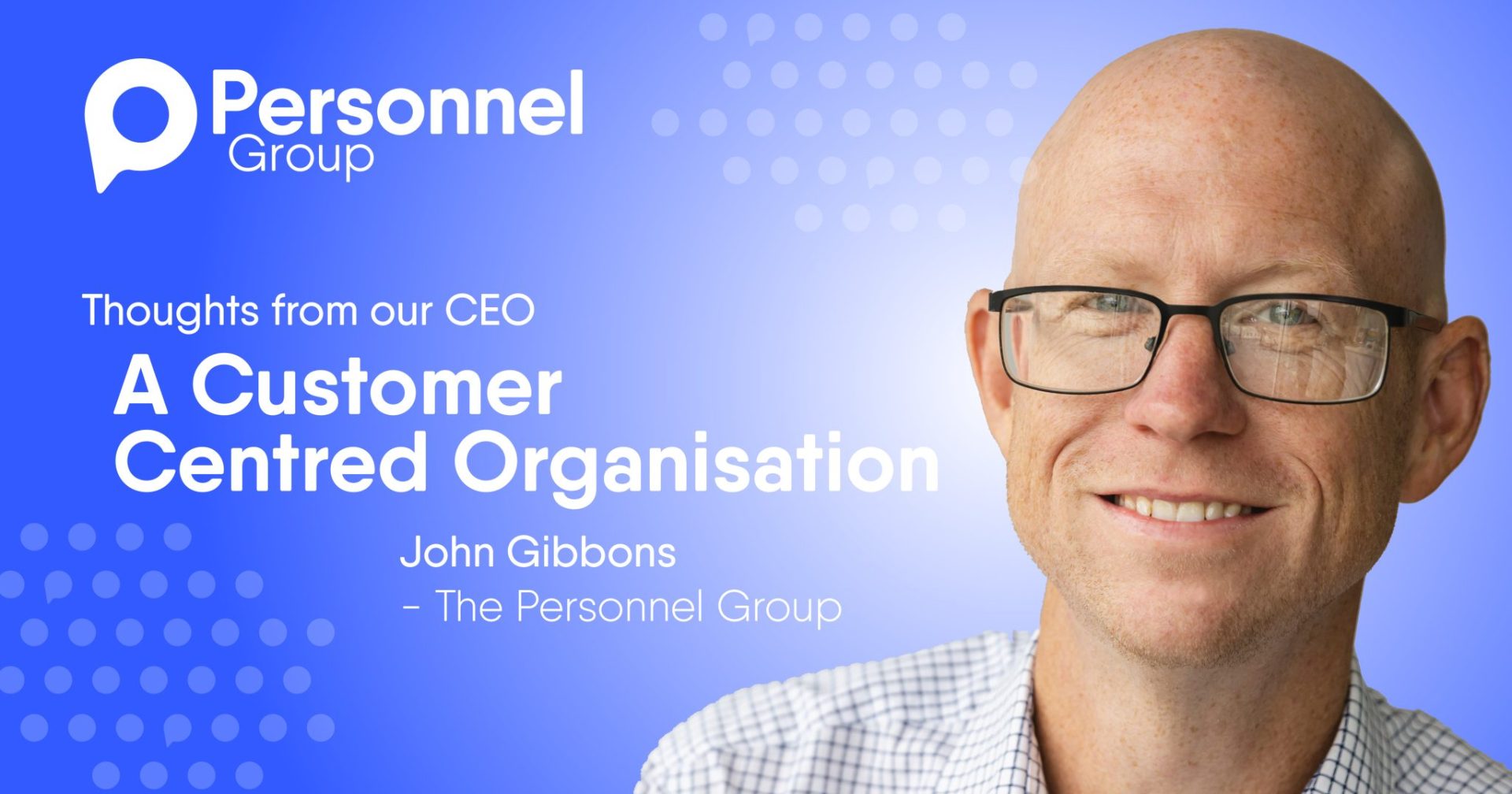Mental health

Mental health
Sep 20 2022
5min read
Mental Health is discussed frequently these days. In the aftermath of the COVID-19 pandemic, we are discovering the long-term mental and emotional impacts that years of restriction, isolation, uncertainty and fear have had on our society.
Workforce shortages and absenteeism are prompting many employers to consider their team’s ‘mental wellness’ for the first time. Concurrently, individuals are becoming more aware of their emotional state and using that awareness to make significant life and career decisions.
Despite this, there still seems to be a lot of misunderstanding and misinformation about mental health, what differentiates it from mental illness, and what we can do to support people experiencing either.
What is Mental Health?
The World Health Organisation describes Mental Health as an expression given to a person’s state of mental wellbeing. It describes their happiness, calmness, resilience, and capacity to deal with usual levels of stress and challenge.
A person who can productively navigate the positive and negative emotions usually experienced through life is described as having ‘good’ mental health. A person who struggles with emotionally difficult situations is described as having ‘poor’ mental health.
While good mental health will allow some people to handle stressful situations more easily, every person has a threshold for how much stress they can take before their mental health diminishes. As a result – almost all people will have periods of poor mental health throughout their life.
It is important to note that mental health fluctuates over time. Good mental health can gradually diminish, and poor mental health can be improved. This explains why people should remain aware of their mental health and take steps to maintain or improve it.
Some examples of strategies for improving mental health include:
- Practising mindfulness or gratitude.
- Improving diet and exercise routines.
- Avoiding drugs and excessive consumption of alcohol.
- Developing positive thought patterns.
- Building a beneficial support network.
These improvement strategies can be self-identified and implemented. However, professional mental health supports and psychology services are available and are often very useful. Talking about your mental health is widely considered beneficial, particularly to someone skilled in this area.
Poor mental health, left unchecked and unimproved for an extended period, can become a mental illness. This is perhaps where the confusion between mental health and mental illness arises.
What is Mental Illness?
Mental illness is a health diagnosis that describes a mental disorder that affects a person’s thoughts, mood, behaviour or the way they perceive the world around them (healthdirect.gov.au/mental-illness).
Examples of mental illness include clinical depression, anxiety disorder, schizophrenia, bipolar disorder, post-traumatic stress disorder, obsessive-compulsive disorder and attention deficit hyperactivity disorder.
Mental illness can be experienced in isolation or together with other diagnoses. Mental illness often requires interventions, such as medication and therapy.
A common misconception is that feeling depressed or anxious (normal emotions experienced by most people at some stage of their lives) is the same as a clinical diagnosis of depression or anxiety (which denotes an irregular and sustained level of emotion).
Community sentiment that a person diagnosed with anxiety or depression just needs to ‘cheer up’ or ‘get over it’ is misleading and unhelpful. They contribute to the misunderstanding and isolation of people experiencing mental illness.
Bureau of Statistics figures show that one in five Australians experienced some form of mental illness in the past 12 months. Almost half of the population will experience a mental disorder during their lifetime.
This makes mental illness more prevalent than nearly any other illness. Yet, it remains among the least understood and socially accepted.
Public Perception
While there are similarities and links between mental health and mental illness, it is vital to understand and not confuse them.
Consistently though, there are calls from health professionals and advocates for society to talk more about both issues to promote awareness and understanding. This is fundamental in overcoming associated negative stigma.
People experiencing mental illness or poor mental health are often highly fearful of disclosing their circumstances to friends, family members and their employers, not wanting to be seen as different or irregular. Inevitably this leads to people not receiving the right supports, interventions, or psychology services that could improve their situation.
Recently, Australia marked RUOK day, a day I have mixed feelings about. I wholeheartedly support the awareness and support that comes from organisations and individuals checking in with each other’s mental health but lament that it is an event rather than a societal shift. People with mental illness report feeling frustrated by excessive RUOK messages and calls that day but being ignored or misunderstood throughout the rest of the year.
Our community and organisational leaders must become more comfortable discussing mental health and mental illness. We must share our experiences to normalise them and appropriately support the people we lead. We need to educate ourselves and not just perpetuate incorrect or misleading stereotypes.
Support and psychology services are available if you want to discuss your mental health, such as:
- Lifeline: 13 11 14
- Suicide Call Back Service: 1300 659 467
- Beyond Blue: 1300 224 636
- MensLine Australia: 1300 789 978
- Kids Helpline: 1800 551 800
share

Explore more topics
Career transition assistanceCEO BlogCommunity championsCorporate identityNew CategoryNewsSuccess storiesWorkplace support

Sign-up to our newsletter
Once a month, discover the most valuable information and news on employment and health

